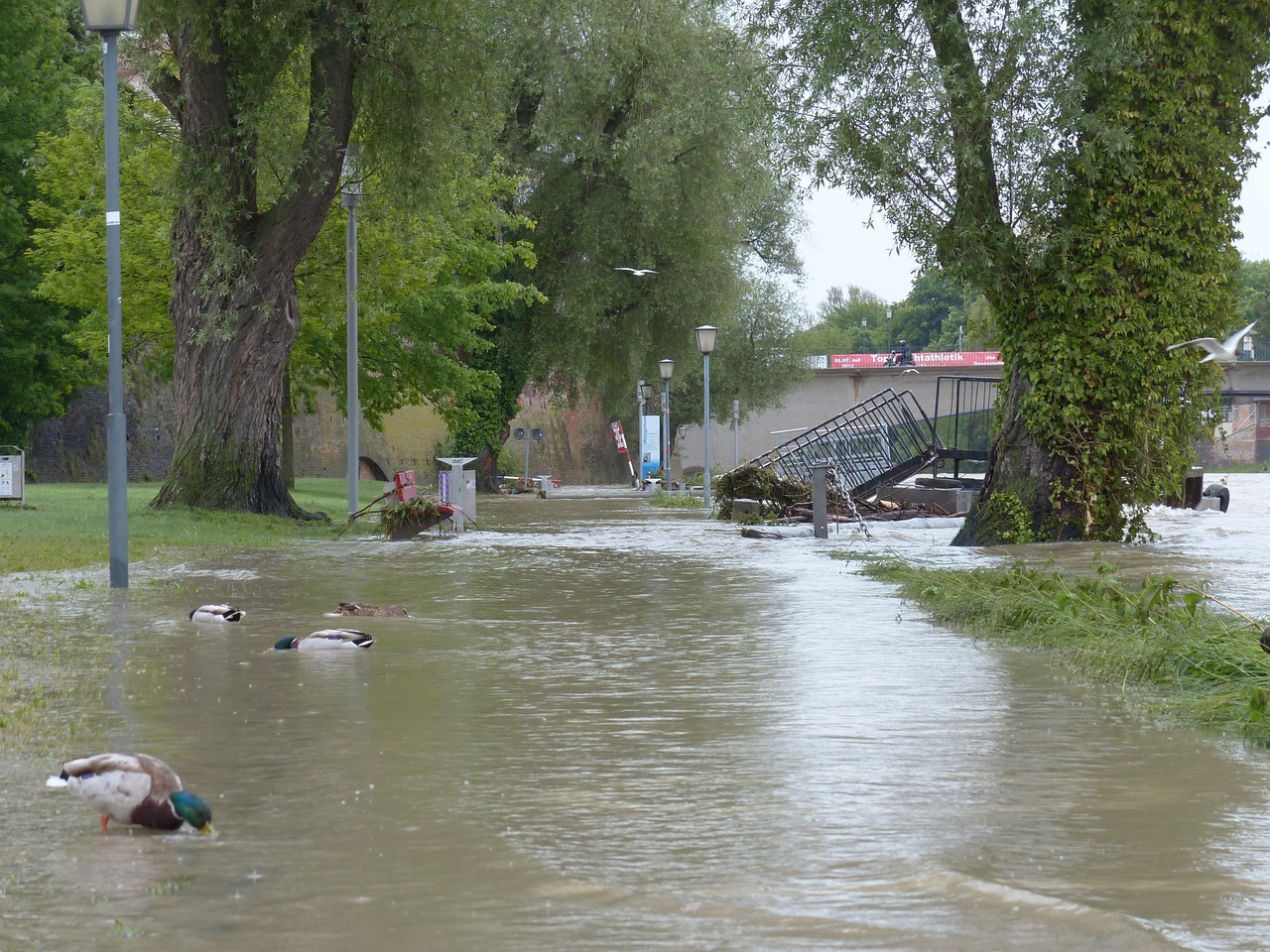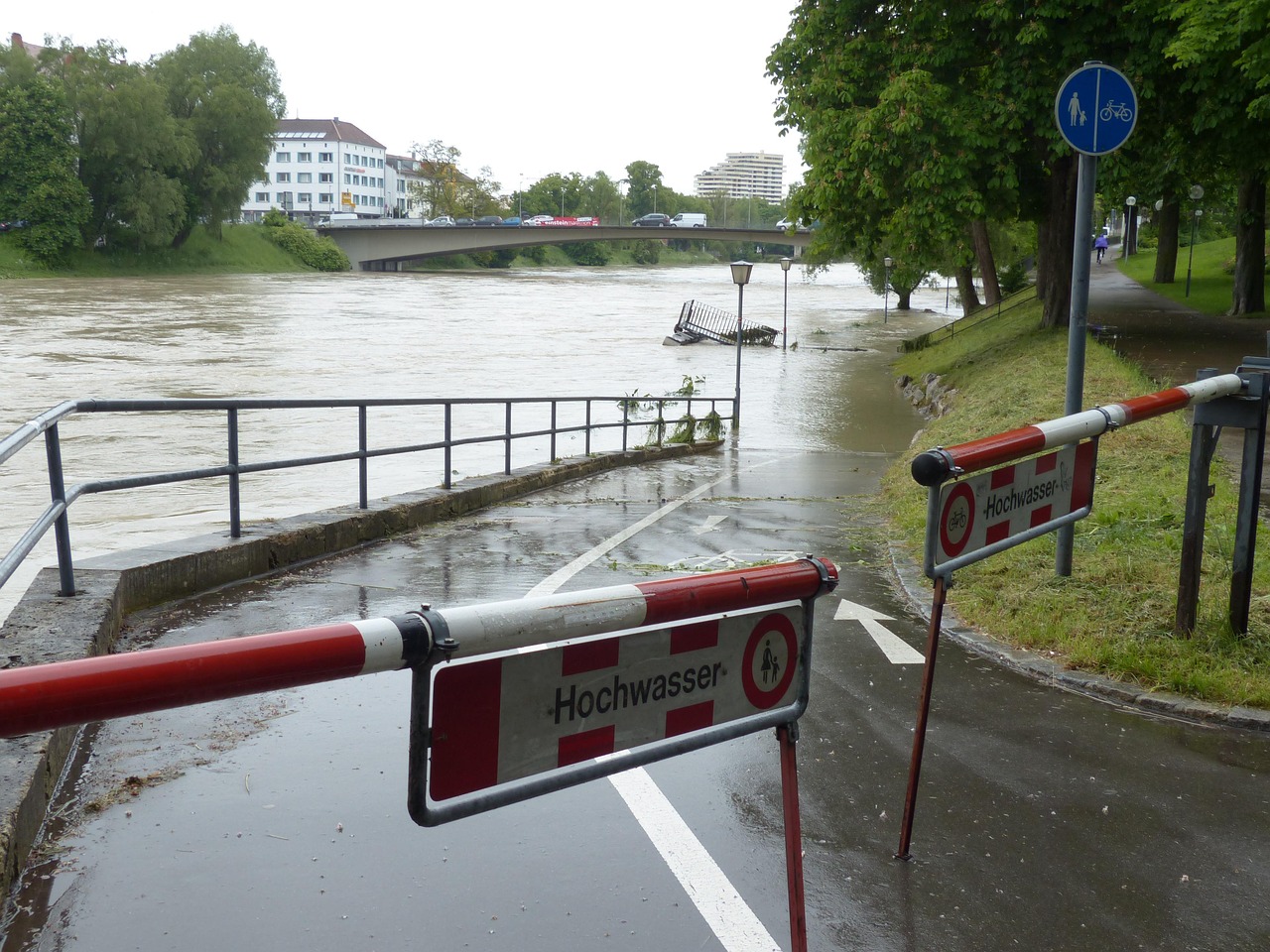
Overview of ICE Arrests in Denver
In mid-July, U. S. Immigration and Customs Enforcement (ICE) conducted a significant operation in the Denver area, resulting in the arrest of at least 243 undocumented immigrants. This operation, which lasted eight days, raised questions regarding the backgrounds and criminal histories of those detained. ICE stated that the individuals arrested had either been charged with crimes or had previous convictions, indicating a focus on public safety.
Details of the Operation
The operation took place from July 12 to July 20, resulting in arrests from 17 different countries. According to ICE, six individuals had prior convictions for crimes, and one was facing felony charges related to sex crimes. Moreover, there was mention of an individual allegedly linked to the Venezuelan gang Tren de Aragua. Interestingly, some of the individuals arrested were already in state custody, such as Rigoberto Carranza-Mendez, who had been serving a 25-year sentence for murder. This aspect underscores the complexities involved in immigration enforcement, particularly when individuals are already facing criminal charges.
Lack of Transparency in Arrest Data
ICE has not provided a comprehensive breakdown of the criminal backgrounds of all those detained. While the agency confirmed that at least 55 arrests were linked to specific crimes, including serious offenses like murder and human trafficking, it remains unclear if the 243 arrests represent all individuals detained or only those with criminal backgrounds. This lack of transparency has drawn criticism and calls for more detailed reporting on immigration enforcement activities.
Context of Increased Arrests
The recent arrests come amid a broader trend of increasing immigration enforcement under the Trump administration, which emphasizes detaining individuals deemed a threat to public safety. Reports indicate that a majority of immigrants arrested in Colorado and nationally have not been convicted of any crimes. For example, ICE data from early 2025 revealed that over 60% of those apprehended had no prior convictions, raising concerns about the fairness and motivations behind these operations.
Public and Legal Scrutiny
The operations conducted by ICE have faced heightened scrutiny from the public and legal experts. There have been accusations of overreach and misconduct, particularly regarding how local authorities cooperate with federal agencies. For instance, this operation has sparked discussions about the legal implications for state officials who inadvertently assist ICE, as illustrated by a recent case involving a sheriff’s deputy who allegedly violated state law by alerting ICE about a student.

Implications for Immigration Policy
These arrests and the methods used by ICE may have significant implications for future immigration policy discussions. As public opinion shifts and calls for reform intensify, policymakers will need to address the balance between public safety and the treatment of undocumented immigrants. The increasing number of arrests, particularly of individuals without criminal records, highlights the urgency for comprehensive immigration reform to ensure accountability and fairness in enforcement practices.
Conclusion and Next Steps
The recent ICE operation in Denver serves as a critical case study in the ongoing debate over immigration enforcement in the United States. As the situation evolves, stakeholders must advocate for transparency and accountability in immigration practices. Engaging with community organizations, legal experts, and policymakers will be essential to address the complexities of immigration enforcement and to push for reforms that prioritize justice and human rights.
























